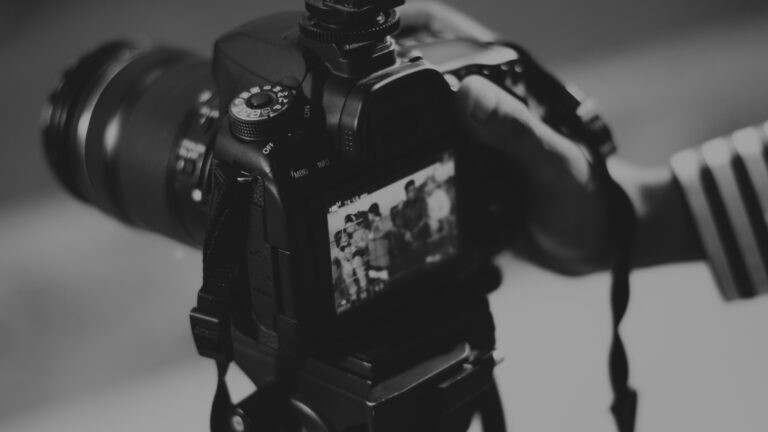Hey – You Can’t Use My Face!

By VICKY BROWN
Hey there. So you have a little pot luck in the conference room. Everybody is having a great time. Someone grabs their phone and does a few quick selfies to commemorate the fun. You love them, and post them on your company Facebook page to show how much fun it is to work at your company.
Oops – hold on there. Did you have permission to use those pictures – and I don’t mean from the person who took the pictures – I mean from the people who are IN the pictures.
Well, in this episode, we’ll chat about why it’s important to get an employee’s consent before using their photos or videos for social media, advertisements, and all that jazz.
In the age of social media, brand management, and online advertising, it’s really important to understand the legal implications around using your employee’s face without their permission. Why? Well because it can have some serious legal consequences.
So first off, what is an employee’s likeness? Well, it’s anything from a photo, a video, a drawing, or even a GIF that shows someone’s face or identity. I know, we as employers, use these images for marketing, promotions, training, etc. all the time.
The problem is, using an employee’s likeness without their permission can land you in some hot water. The Supreme Court has recognized that states have the ability to designate something called a “right of publicity.” The right of publicity protects an individual’s economic interests to control the commercial value of their name and likeness and to prevent unauthorized exploitation by others.
In simpler terms, if you don’t have permission to use someone’s face or name, you could be violating their rights.
“…companies need to be very careful about using the likeness of any employee in any commercial context. So, it’s a good idea to have clear policies in place that address the use of an employee’s likeness.“
So, how can you make sure you’re not crossing any legal lines? It’s actually surprisingly easy! Just get written consent from your employees before using their likeness for commercial purposes. So before you slap their face on your website, get written permission.
But what if you already have a photo or video posted on your company’s Instagram or Facebook page that features an ex-employee who didn’t give you permission to use their likeness? Well, you might want to take it down! Otherwise, you could be violating that person’s right of publicity.
There are plenty of states – actually 25 of them – that have a specific statute protecting the use of an individual’s persona for commercial purposes. For instance, Ohio’s statute protects an individual’s name, photograph, image, or likeness from being used for a commercial purpose, such as advertising or in connection with goods and services, without approval or consideration.
This means companies need to be very careful about using the likeness of any employee in any commercial context. So, it’s a good idea to have clear policies in place that address the use of an employee’s likeness.

Are you a social media-savvy business owner who loves to share fun photos of your team on Instagram or Facebook?
Or maybe you want real pics for your About Us page.
We know it’s a great way to showcase your company culture, but before you post those pictures, you need to ask yourself: did you get permission from your employees to use their photos?
The free Picture Authorization Sample is your answer.
And, it’s not just about getting permission. Your policies should also be clear on how you plan to use their likeness, so everyone is on the same page.
But, what if you forget to get consent before using their photo or video for a marketing campaign? Well, don’t panic – it happens to the best of us. In this case, it’s best to take action quickly and get that consent right away
So, there you have it! Using your employee’s likeness for commercial purposes can be a little tricky, but it’s easy to avoid any issues by simply getting written consent from your employees before using their photos or videos.
Remember, an employee’s likeness is anything – from a photo to a video to a GIF that shows someone’s face or identity. And, the right of publicity protects that individual’s economic interests to control the commercial value of their name and likeness.
So, make sure you have clear policies in place that address the use of an employee’s likeness, and a permission or authorization process. We’ve found that the best way to cover yourself is to include a Picture Authorization form as part of the new hire documents.
And, if you forget to get permission, just be sure to take action quickly to get that consent before any trouble pops up.
Spread the word
MORE HUMAN, MORE RESOURCES
310.308.7680 option 1
hello@idomeneoinc.com

